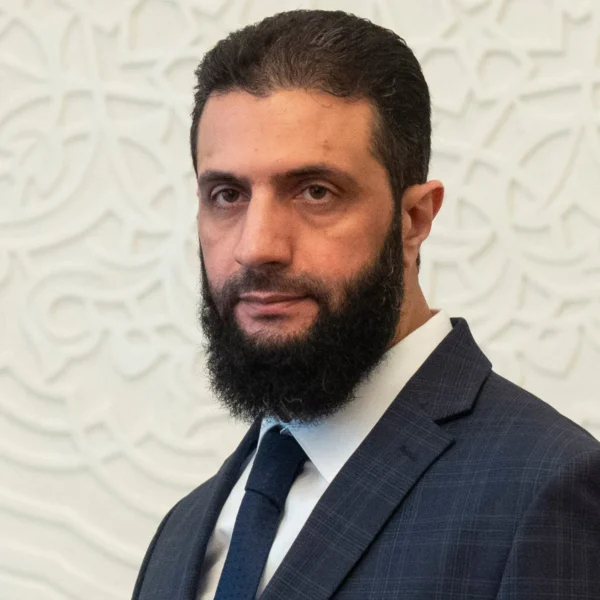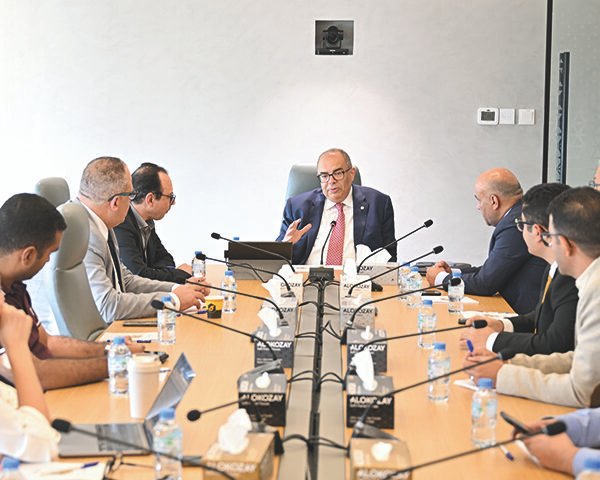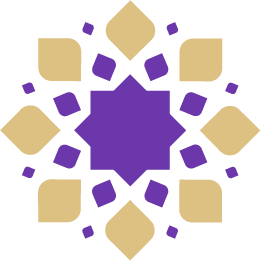

ABOUT US
Special invitations to scholars (Muslims and Non-Muslims), Jurists, Humanities Professors, Legal and Constitutional Scholars, Sharia Scholars (Sunnis and Shiites), Corporate Executives, Historians, Theologians, Economic and Financial Scholars, Physical and Social Scientists, Social and Economic Funds and Think Tanks to join the Islam House of Wisdom in this historic opportunity. Inviting One hundred scholars and experts to the challenge to revive the “Oldest Think Tank in the World” – The “House of Wisdom” of the Abbasid Caliphate of Harun al-Rashid and Abdullah al-Ma’mun, during the Islamic Golden Age, a challenge of a lifetime.
IHW CORE VALUES
OUR MISSIONS

This group of scholars and professionals will operate as a “virtual think tank” as well as in-house scholars and formulate the “Islamic Manifesto for the Millennium. Ushering the New Age of Ijtihad and Islamic Enlightenment and Renaissance” and “Islamic Liberation Theology” and thoughts that have been dormant for centuries, hostage to political and religious institutions.
Wael Halaq in his book “Sharia: Theory and Practice and Transformation” argues that Sharia was never meant to be codified in the modern sense. In contrast to Western demand for codification. What is needed is emphasis on “Maqasid” higher objective of Sharia as guiding principal. With the need to create a framework of multiple valid interpretations rather than a single “correct” version. Engaging with diverse scholarly perspective across “Madhahib” legal schools.
This historical root of this political issue translated into theological schism that had is having a devastating impact on the “Muslim Umma” for centuries and has translated over time to armed political conflicts between Muslims based on a “historical decision” that took place some 1,400 years ago. Time for the “Muslim Umma” to get together and reach a historic political and theological peace accord that will benefit the Umma for generations.

Offering an alternative perspective on addressing economic justice distinct from both the failed Marxist system and the Capitalist Neoliberal system that enriched the few at the costs of the billions. With the challenge of adopting classical principals to modern financial complexity, together with the developing institutional framework that can operate at a scale in a global economy from an Islamic perspective with several forming the foundation of economic justice.
Understanding the contemporary implementation challenges of Islamic economics, such as Zakat as a Wealth Redistribution Mechanism. Prohibition of Riba (Interest). Inheritance Laws. Ethical Limitation on Economic Activities, Purpose of Wealth, Concept of Stewardship, Balance between Indivdual and Collective Rights and the Prohibition of Harmful Economic Activities. Islamic Economic Principals might give a fresh perspective on persistent global challenges to include Financial Instability, Environmental Degradation and Income Inequality.
There has been significant discussion and disagreements regarding the necessity of re-establishing the Islamic State within its historical context. However, such a Muslim state without equal citizenship for all its citizens whether Muslims, Christians, Jews, and other “groups” does not fit well with the contemporary notion of “equal citizenship for all.”
Hence, it is essential to create a framework for a “Model State Informed by Islamic Values”. That emphasis shared ethical principles while ensuring equal citizenship for all.
These are universal principals found in Islamic tradition that support equality, justice, human dignity and public welfare with emphasis on” citizenship”, shared by many Muslim nations. This approach acknowledges Islamic heritage while addressing the limitation of historical governance models when applied to contemporary societies with diverse population. Can such a model state exist? This is the mission.

This selected group of scholars and expert from within the original “100” members are entrusted to organize among themselves the operational management of the “Islam House of Wisdom” to include among other responsibilities hiring staff, resource persons, selecting and appointing officers and executives, electing the leadership and work together to secure sponsors and contributors with the Muslim and Arab world.
OUR LEGACY
AROUND THE WORLD

GET IN TOUCH NOW AND JOIN OUR INSTITUTE
FROM BLOG


